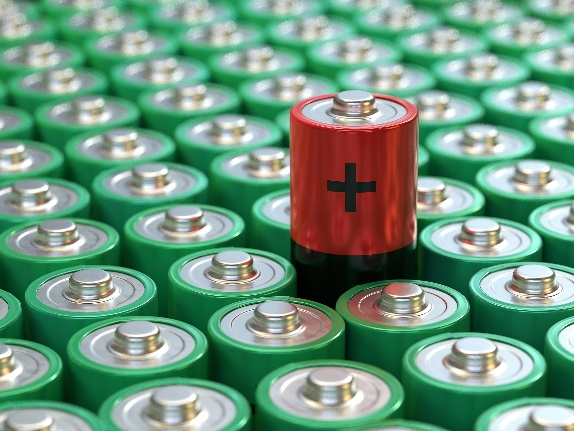Het Europese regelgevingskader voor batterijen gaat een nieuwe fase in met de invoering van Verordening (EU) 2023/1542 betreffende batterijen en batterijafval (de ‘Batterijenverordening’). Deze verordening vervangt de Batterijenrichtlijn (2006/66/EG) en maakt deel uit van de Europese Green Deal.

Deze blog gaat verder in het Engels.
The Batteries Regulation introduces new obligations that apply throughout the entire battery value chain (from the extraction of raw materials and product design to usage, collection, recycling, and disposal). While certain provisions (e.g. on labelling, sustainability and safety) are already in force, other elements will take effect over time. One of the key developments still ahead is the application of Chapter VIII, which established the framework for Extended Producer Responsibility (EPR) and will become applicable from 18 August 2025.
Chapter VIII introduces a formal authorisation regime, requiring both individual producers and collective producer responsibility organisations to be approved by the competent authority. Unlike the current system in the Netherlands, which is based on a notification system, the new regime imposes more detailed procedural and substantive requirements.
Although the Batteries Regulation is directly applicable in all Member States, national implementation is still required for certain procedural aspects. In the Netherlands, this will take the form of an Implementation Decree. While the draft Implementation Decree has not yet been published, a letter from the State Secretary for Infrastructure and Water Management, dated 16 July 2025, outlines its expected content. The Implementation Decree is expected to include further detail on the authorisation process, enforcement mechanisms and penalties for non-compliance. Until its publication, some uncertainty remains regarding the precise manner in which the the rules will be applied and enforced in practice.
For producers, importers and compliance organisations, these changes highlight the importance of timely preparation. While some aspects of the new regime build on existing structures, other aspects might require an adjustment in terms of compliance documentation, legal structuring and operational setup. The transition to the new regime will not be purely legal, it will require practical rethinking of how battery-related obligations are met and monitored, both individually and collectively.

